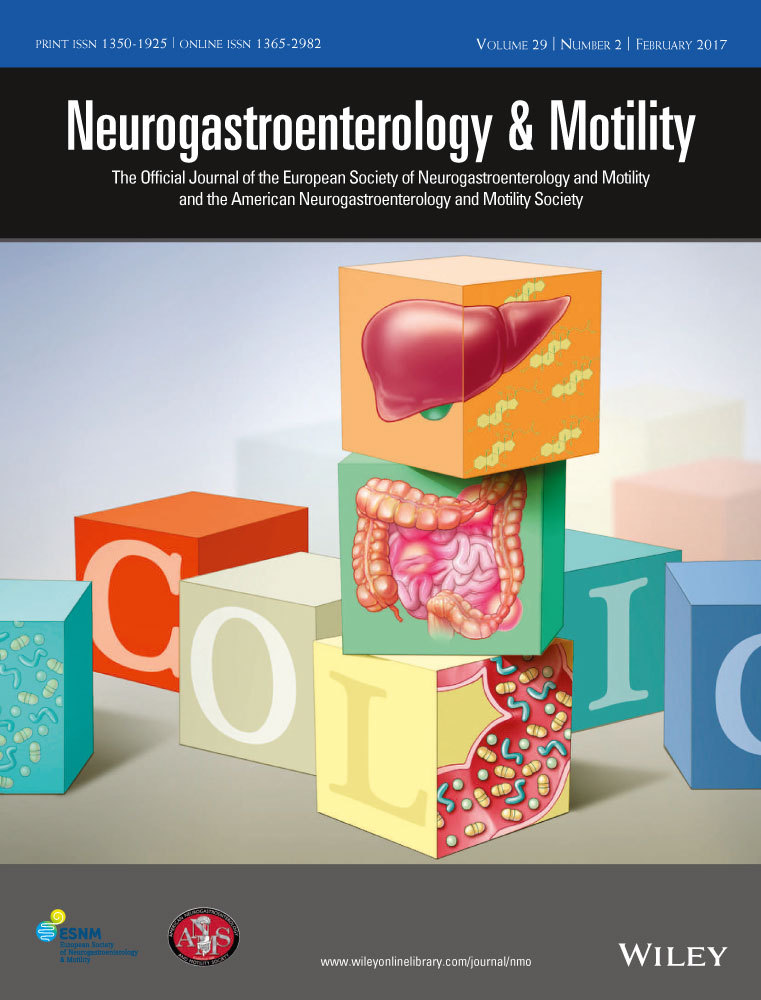Propofol inhibits carbachol-induced chloride secretion by directly targeting the basolateral K+ channel in rat ileum epithelium
Abstract
Background
Propofol is a widely used intravenous general anesthetic. Acetylcholine (ACh) is critical in controlling epithelial ion transport. This study was to investigate the effects of propofol on ACh-evoked secretion in rat ileum epithelium.
Methods
The Ussing chamber technique was used to investigate the effects of propofol on carbachol (CCh)-evoked short-circuit currents (Isc).
Key Results
Propofol (10−2–10−6 mol/L) attenuated CCh-evoked Isc of rat ileum mucosa in a dose-dependent manner. The inhibitory effect of propofol was only evident after application to the serosal side. Pretreatment with tetrodotoxin (TTX, 0.3 μmol/L, n=5) had no effect on propofol-induced inhibitory effect, whereas serosal application of K+ channel inhibitor, glibenclamide, but not, an ATP-sensitive K+ channel inhibitor, largely reduced the inhibitory effect of propofol. In addition, pretreatment with either hexamethonium bromide (HB, nicotinic nACh receptor antagonist) or Cl− channel blockers niflumic acid and cystic fibrosis transmembrane conductance regulator (inh)-172 did not produce any effect on the propofol-induced inhibitory effect.
Conclusions & Inferences
Propofol inhibits CCh-induced intestinal secretion by directly targeting basolateral K+ channels.




